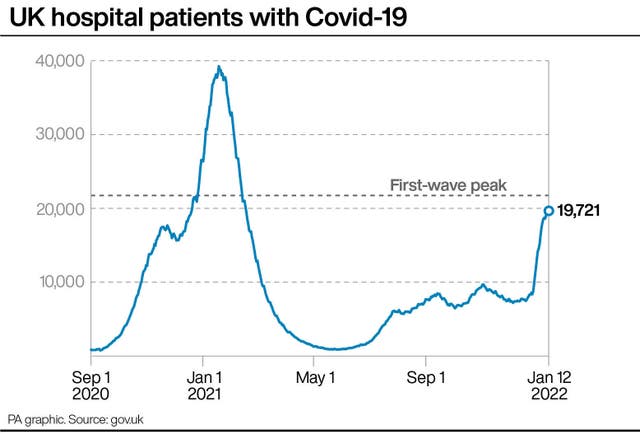NHS England has called on healthcare officials to consider taking legal action against patients who refuse to give up their hospital beds if further care options are available.
Patient safety charities have raised concerns about the potential for unsafe discharges after the Health Service Journal (HSJ) reported that NHSE guidance urged trusts to consider following the “local discharge choice policy,” which could involve legal action, if someone “with mental capacity” refuses to leave a bed because they do not accept NHS-funded short-term care offers.
The guidance, sent in December, says the process “may include seeking an order for possession of the hospital bed” under civil law, and that “appropriate formal notification of the process must be given to the person and their representatives/carers,” the HSJ states.
threatening patients with legal action has to surely be the very last resort when absolutely every other option has been explored with the patient and exhausted
These legal powers were already in place before the pandemic struck but the NHSE guidance comes at a time when the under-pressure service is being called on to reduce delayed discharges.
Patients Association chief executive Rachel Power said that “trusts who follow this advice from NHS England may desperately need the capacity” but warned that “premature discharge is often an unsafe discharge from hospital.”
She said: “We recognise the NHS is in a bind and lacks options to increase capacity, but threatening patients with legal action has to surely be the very last resort when absolutely every other option has been explored with the patient and exhausted.
“Decisions should always be made with the patient and his or her carers, not imposed on the patient.
“Patients may be reluctant to leave hospital if they’re worried about how they will be cared for.”
Charlotte Augst, the chief executive of National Voices, accepts that services are under pressure and it is important for the NHS to only have people in hospital beds who really need them.

She said: “Particularly where people clearly need further care and treatment, the principles of shared decision making and personalisation need to apply.
“Where people reject a proposal for an alternative care setting, this is often to do with substantial practical and financial reasons.
“We are also aware how unsafe it can feel for people and their families to fear that they are being abandoned without properly agreed plans at their time of great need.”
She added: “We are concerned that some of the language deployed to accelerate discharge describes the people themselves as a problem… we need to be careful not to dehumanise people whose needs bump into an overstretched and under-resourced system.”

An NHS spokesman said: “These powers already exist and are utilised in a very small number of cases, and only when all other options to support a person’s discharge have been unsuccessful.
“Our recent advice will support health and social care professionals in their conversations with people on Discharge to Assess pathways during times of significant operational pressures, and aligns with recognised good practice that early planning and engagement with people, their families and carers ultimately reduces discharge delays, resulting in better outcomes for patients and hospitals.”




Comments: Our rules
We want our comments to be a lively and valuable part of our community - a place where readers can debate and engage with the most important local issues. The ability to comment on our stories is a privilege, not a right, however, and that privilege may be withdrawn if it is abused or misused.
Please report any comments that break our rules.
Read the rules hereLast Updated:
Report this comment Cancel